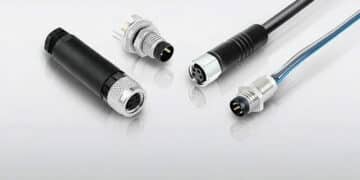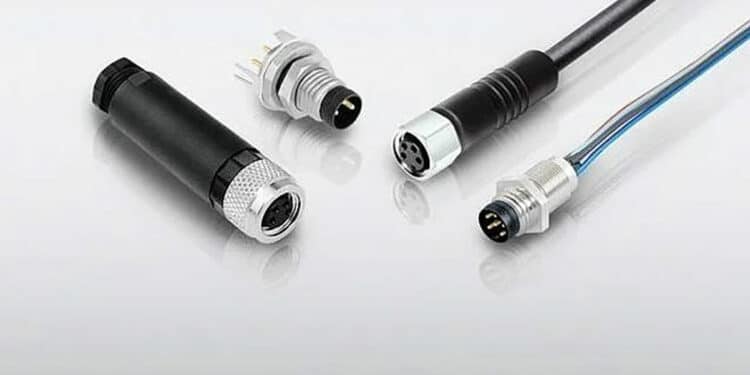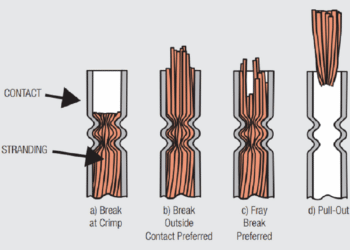Smart farming, sometimes called Agriculture 4.0, incorporates Internet of Things (IoT) technology into farming operations. Farmers used to rely upon historical data and their own experience to make decisions. Today, they are using sensors, robots, drones and artificial intelligence (AI) to make more informed, data-driven decisions.
Smart farming, the IoT, and high-speed connections
IoT technology has the potential to increase yield, improve crop quality, and reduce costs in nearly every aspect of commercial farming. Reaching that potential depends upon fast, reliable connectivity throughout the network. Without this vital link, technology such as sensors, location systems, robots, and drones are unable to communicate, limiting their synergistic value to the farmer.
Key applications include:
- Crop selection and planning
- Soil preparation
- Soil monitoring
- Seed selection
- Seed sowing
- Fertilizer use
- Irrigation control
- Harvesting
- Packaging and storing
Reaping the benefits of smarter farming
IoT technology helps farmers to determine the optimal combination of inputs, such as water, energy, and fertilizer. Real-time data allows farmers to detect problems like plant diseases as they develop. With this improved precision and control, yields can be significantly increased.
By automating processes such as sowing, crop treatments, and harvesting, farmers are less dependent on a fluctuating labor market. More precise weather forecasting and monitoring soil moisture helps reduce water usage, both lowering costs and enhancing sustainability. Overall, efficient land management helps minimize the impact on the environment through reduced energy consumption and gas emissions.
M8 connectors: The right choice for sensor-based applications
Compact and versatile, M8 connectors offer the most effective connectivity solution for smart farming applications that depend on sensor technology. Connecting multiple sensors enables real-time updates, allowing data-driven responses to changing conditions.
For example, M8 connectors are used in smart greenhouses to connect the network of sensors that prompt adjustments in irrigation, lighting, temperature, and spraying that is critical to these sensitive microclimates. They are also used in the remote monitoring systems measure indoor CO2, humidity, soil moisture, soil pH, and air pressure.
In addition to greenhouse applications, M8 connectors are ideal for processes including:
- Chemical control
- Disease prevention
- Crop monitoring
- Irrigation control
- Supply chain traceability
M8 features and options
Finding the best M8 connector for an application requires the right combination of variations, such as pin number, housing, or IP level of protection. M8 connectors are available with 3, 4, 5, 6, 8, or 12 pins. The ideal pin count depends on the application. Most M8 sensor and power applications use 3 to 12 pins, whereas PROFINET and Ethernet use only 4.
M8 connectors are extremely versatile, and can be further customized by selecting other options such as those below. (See images 3 and 4 for examples.)
- Gender: male, female, male/female
- Termination style: screw, solder, wired, PCB, or IDT (Insulation Displacement Termination)
- Housing material: plastic, metal, or stainless steel
- Contact plating material: Au (gold)
- Degree of protection: IP67, IP68, or IP69K
- Cable jacket: PUR or PVC
- Connector Type: Panel mounted, cordset, or field attachable
- Rated voltage: 30V – 60V
- Rated current: 1A – 4A
M8-D connectors: The right choice for data transmission applications
The M8 D-code is ideal for smart farming applications where fast, reliable data transmission between devices is critical. This connector provides a space- and cost-efficient way to connect miniaturized sensors in Ethernet networks. The M8-D is easily adaptable to a wide variety of applications, meeting data-transmission requirements while taking up minimal space.
M8-D connectors deliver data rates of up to 100 Mbit/s in almost a third less space than M12 connectors, making them the better choice for applications that use miniaturized sensors, such as:
- Seeding and planting
- Surveying
- Vehicle and Machinery Control
- Harvesting
- Chemical control and disease prevention
- Crop monitoring
- Irrigation control
- Soil management
- Air pressure measurement and regulation in greenhouses
M8 features and options
Finding the best M8 connector for an application requires the right combination of variations, such as pin number, housing, or IP level of protection. M8 connectors are available with 3, 4, 5, 6, 8, or 12 pins. The ideal pin count depends on the application. Most M8 sensor and power applications use 3 to 12 pins, whereas PROFINET and Ethernet use only 4.
M8 connectors are extremely versatile, and can be further customized by selecting other options such as those below. (See images 3 and 4 for examples.)
- Gender: male, female, male/female
- Termination style: screw, solder, wired, PCB, or IDT (Insulation Displacement Termination)
- Housing material: plastic, metal, or stainless steel
- Contact plating material: Au (gold)
- Degree of protection: IP67, IP68, or IP69K
- Cable jacket: PUR or PVC
- Connector Type: Panel mounted, cordset, or field attachable
- Rated voltage: 30V – 60V
- Rated current: 1A – 4A



















